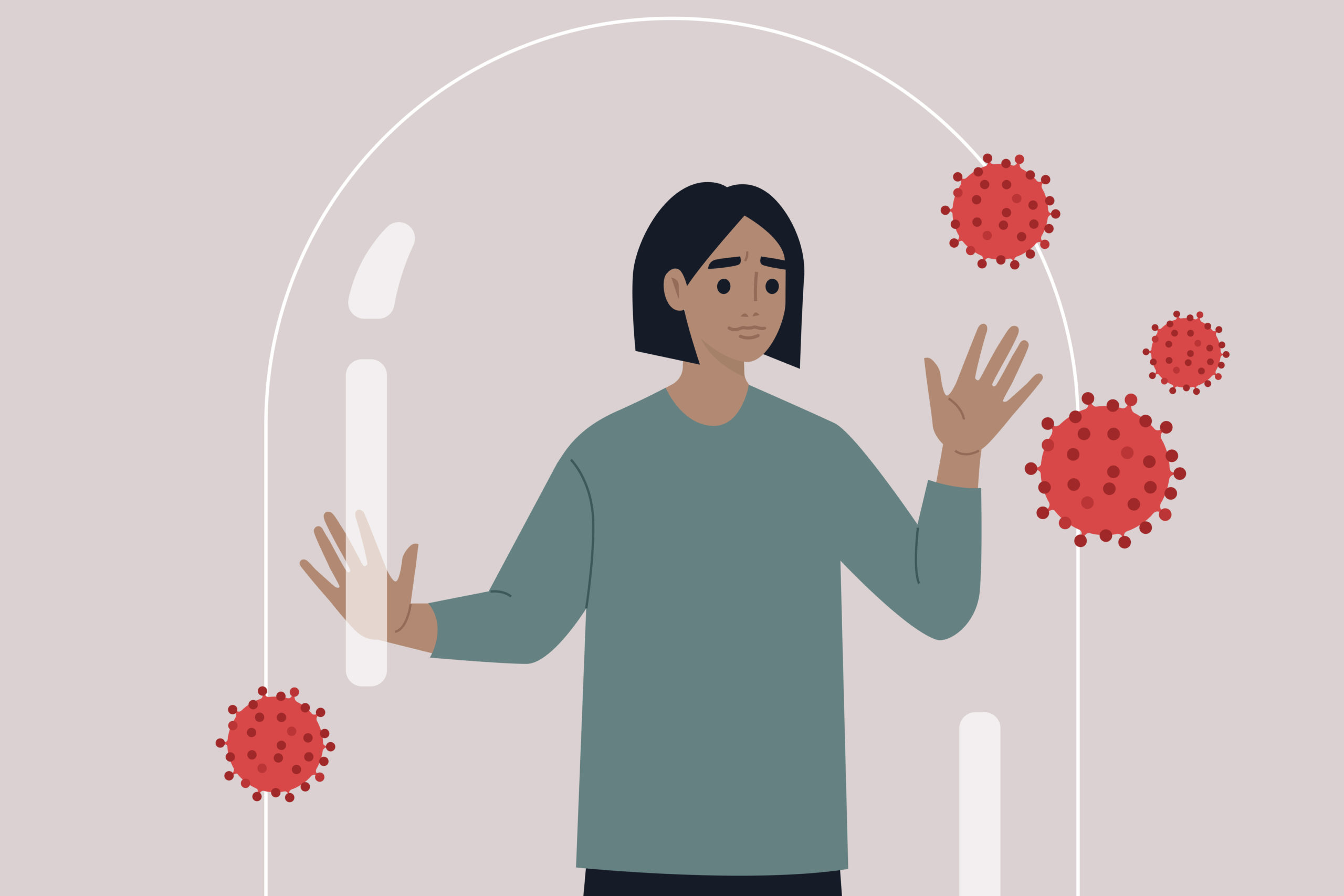So, what is a midlife crisis? Struggling with how you are feeling and even coping? Every day hundreds of mid-lifers turn to Google for help and advice on the best treatments and lifestyle choices to help and assist you during this stage of your life.
Midlife is a time of change, when many start asking questions, here are the top ones trending now:
1. What causes a midlife crisis and what are the symptoms?
A midlife crisis is a transition of identity and self-confidence that occurs in middle-aged individuals, typically 45–64 years old. The phenomenon is described as a psychological crisis brought about by events that highlight a person’s growing age, inevitable mortality, and possibly shortcomings of accomplishments in life.
Typically it is a period of self-analysis and when you think about what you want from life moving forward. The term crisis often doesn’t match to what it actually is, mental health experts say it’s because it can sometimes be accompanied by serious depression, it can also represent a time of tremendous growth. The trick, of course, is to realise when the transition is changing into depression, so you can get help. These are some signs to watch out for when your midlife transition turns into depression.
- Change in eating habits
- Change in sleeping habits
- Feelings of pessimism, hopelessness, guilt, helplessness or worthlessness
- Restlessness, anxiety or irritability
- Lost of interest in activities once enjoyed including sex and hobbies
- Thoughts of suicide or even attempts of suicide
- Physical aches and pains such as headaches or gastrointestinal upset that don’t respond to treatment
2. When does a midlife crisis happen?
A midlife crisis might occur anywhere from about the age of 37 right through till and during the 50’s. According to Dan Jones PhD director of the Counselling and Psychological Services at Appalachian State University, Boone, N.C, who has researched adult development and transitions said that “in the 1980’s, the term midlife crisis got a lot of attention and it was never a formal diagnostic category and the age at which it occurs can vary. This is due to many factors such as how long an individual is expected to live.
3. Why does a midlife crisis happen?
By whatever term you prefer to associate with; the midlife crisis or transition; it tends to occur around significant life events, such as your youngest child leaving school and going into the world of work, the death of your parents or simply a milestone birthday, announcing to the world that you are entering a new decade.
4. What happens in a midlife crisis?
“Men and women are equally likely to experience a transition or crisis” Dan Jones explains, “but it looks different in both genders,” he says. The difference is that a man would rush out to purchase a sports car, this isn’t always the case though or they might evaluate their performance at work and discover they aren’t doing so well. Whereas a woman would contemplate and evaluate their life to date, for example, their personal life i.e relationships as a wife and mother.
One example/case we have researched is that a middle-aged guy on Instagram – thebustravelers recently bought a bike to recapture his youth.
Another example of a typical midlife crisis is that a woman in her late 40’s on Instagram recently shaved her hair back to a boy cut reminiscing her hairstyle back in her 20’s.
5. How do you deal with a midlife crisis?
Anita H. Clayton, MD Professor of psychiatry and neurobehavioral sciences at the University of Virginia, Charlottesville says that Behavior or talk theory as well as taking prescription antidepressant medications can help treat clinical depression that may happen during a midlife crisis.
Besides taking antidepressants and seeing a therapist, there are many different things you can try to improve your lifestyle such as trying something new and pushing your own abilities and boundaries whether this is changing your career or a new exercise/diet regime, this will start to make you become accustomed to the unfamiliar and things which once caused anxiety and worry will no longer phase you.
You could also try some meditation, which helps you steer your mind away from negative thoughts and make you spend more time in the present and looking forward to the future. It’s easy to get started and you can even try out the Headspace app for a crash course in meditation.
Taking a mini travel break to somewhere that you have never been before, i.e. The Lake District or the New Forest. Getting away from reality, connections and your digital devices even if it is just for a short time will really help you live in the present, create happy memories and a place you can visit time and time again.
And most of all laugh and smile always; it may seem an obvious one, but laughter releases endorphins, which makes us feel good and reduces stress and anxiety, but not just you, smiling makes other people around you feel happy too. So whether seeking out a laugh at a comedy night, connecting with your friends more or simply watching funny videos on YouTube. A laugh or two a day can have a very beneficial effect.
While depression isn’t guaranteed with the midlife crisis, it’s a common symptom. If you suspect you are depressed we recommend talking to a doctor to go through your treatment options.
In a study published in the Journal of Consulting and Clinical Psychology, Stanford University researchers compared medication alone and talk therapy alone and then a combination of both. They found out that a combination produces a faster, fuller respite of chronic depression.





